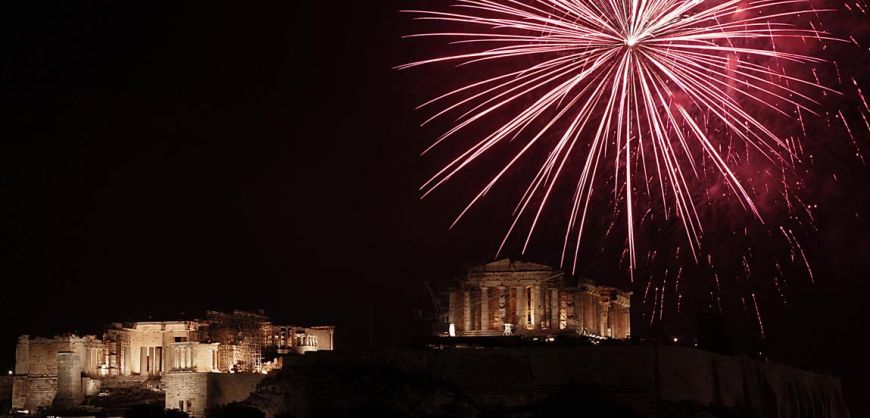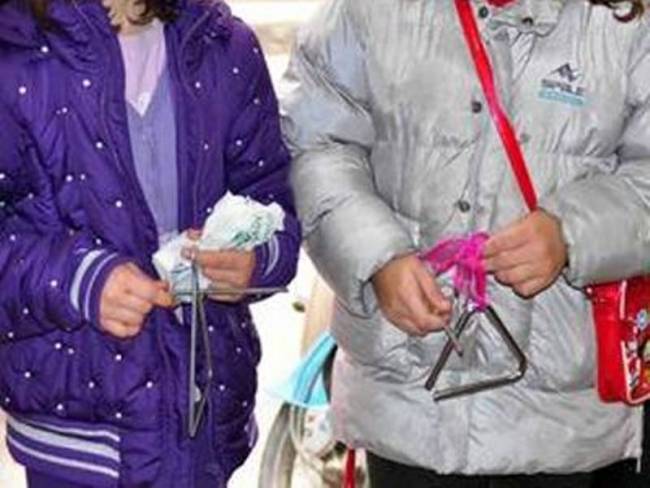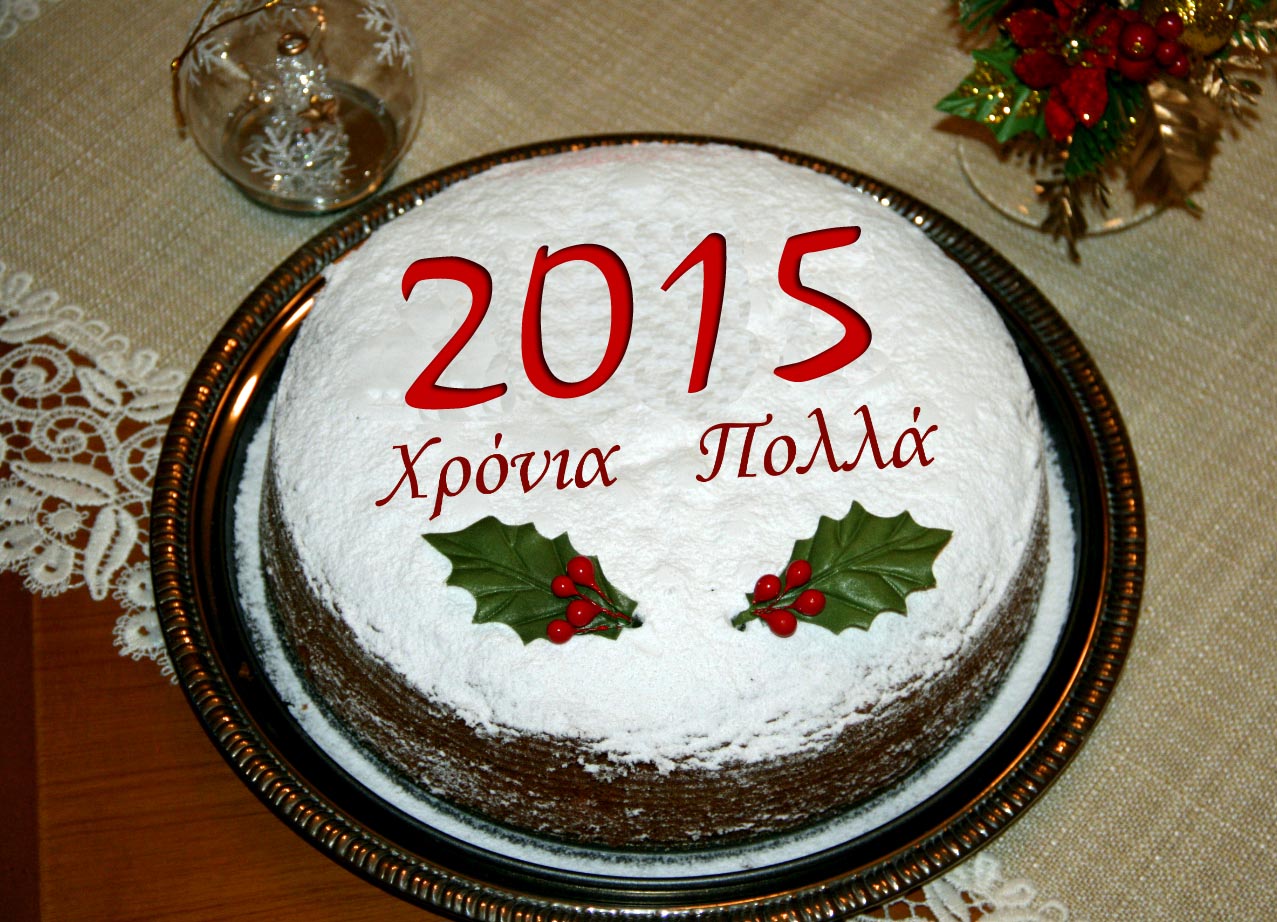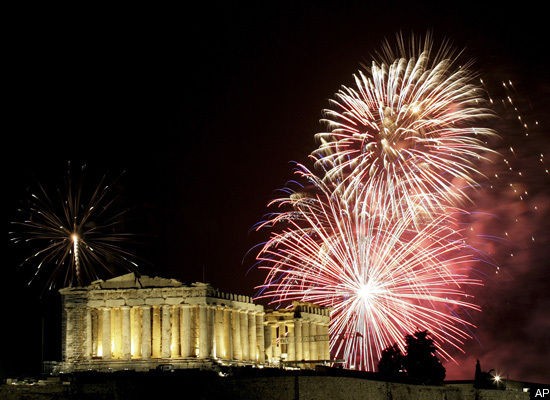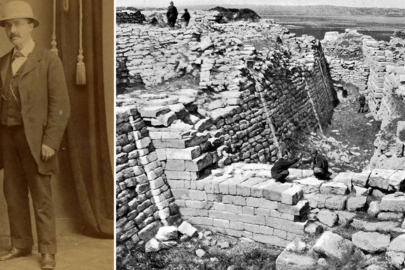Like the rest of the world, Greeks like to celebrate New Year’s Eve in their own special way.
Carols
As with Christmas, children go carol singing with their little triangles and are rewarded with money (usually a euro or two) and sweets.
Card-playing
It is considered good luck to gamble on New Year’s eve. Card games are traditionally played.
First foot
The first person who sets their foot inside someone’s home at the start of the year is said to determine the kind of luck that the person will have throughout the year. The person entering needs to use their right foot. Usually, the person should have a kind and loving heart. Children are the most prefered first footers due to their innocent and honest hearts.
Smashing pomegranates
Since ancient times, pomegranates are considered to be symbols of fertility and rebirth. A little before the clock strikes twelve it is customary for family members to step out of the house and re-enter using their right foot. The person who enters immediately after the first footer smashes the pomegranate with force onto the door. The number of seeds that get scattered are proportional to amount of good luck the family will be blessed with over the coming year.
Vassilopita
The sweet bread is baked especially for New Year. A coin wrapped in foil is placed inside. The eldest member of the household cuts the cake offering one slice for Jesus, another for the Virgin Mary, a third for Saint Basil and one for the Church, the House and the Poor with the rest of the cake distrubuted among family members from eldest to youngest. The one who gets the coin in their slice will have good luck.
Fireworks
People usually spend New Year’s Eve at home and then visit clubs. Streets get crowded with people and the streets are filled with traffic. Musical events are organized in many places. They usually celebrate until dawn the next day.
Santa Claus
In Greece, Santa Claus is St. Basil, a bishop from Asia Minor, who brings gifts on January 1, not December 25.

